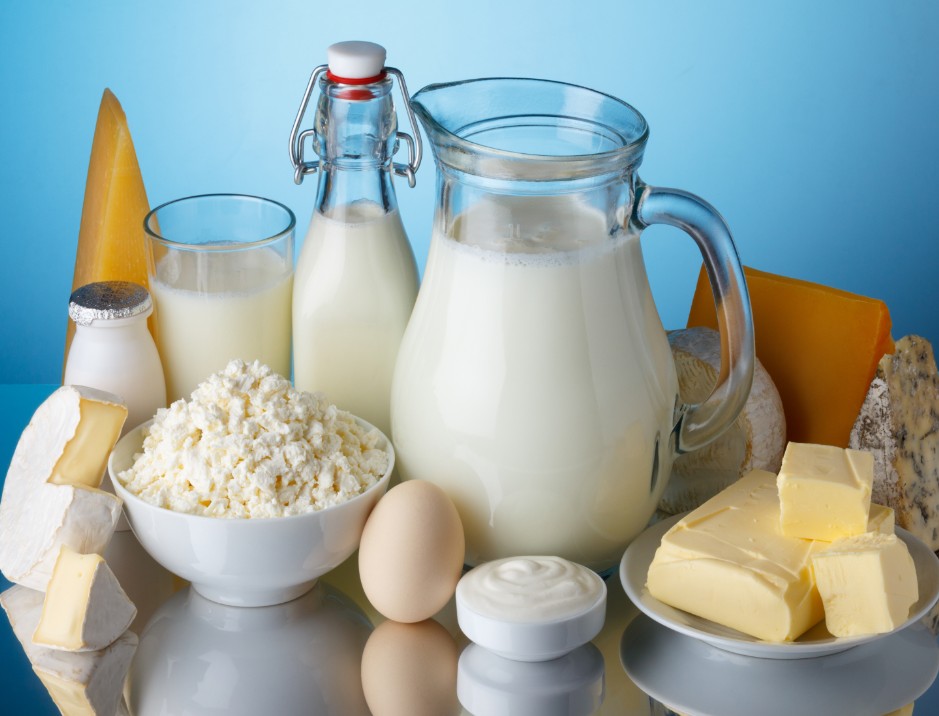Love Milk? You Should Know About the Brucella Bacteria
Recently, the Ministry of Health warned about a rise in cases of Brucella infection. Who is this bacterium, how do you catch it, and what are the preventive measures? Find out in the article ahead.

Meet brucellosis, pleased to meet you. How many of you knew that it is a disease transmitted to us through contact with animals? How many of you were aware that unpasteurized milk is the primary factor increasing the likelihood of contracting it? How many of you knew that many people mistaken it for just a common flu, nothing more?
So, we have some news for you, and it's not very cheerful: Recently, the Ministry of Health issued a statement that the infection rates of the Brucella bacterium in recent years are among the highest ever, and that extreme caution should be exercised to avoid contracting this dangerous disease, which has claimed the lives of two people in the last decade, with many more hospitalized because of it in various hospitals across the country.

What precautions should be taken to prevent infection? First, you should know that various dairy products are the primary concern. However, to ease your mind, we emphasize that all dairy products you buy in the supermarket (with manufacturer labels) are not included in the dangerous category. These products are under constant supervision, and their consumption is safe. The emphasis is on the consumption of milk that has not undergone pasteurization or boiling. If you are unsure about this, do not touch milk or products made from it (this includes homemade items like ice creams, cheeses, butter, etc., even if they assure you they are 'safe'. It is better to forego and not take the chance that they might be made from unpasteurized milk).
Secondly, if you unfortunately contract flu-like symptoms - see a doctor, get tested, and ensure there is no risk of Brucella infection.

